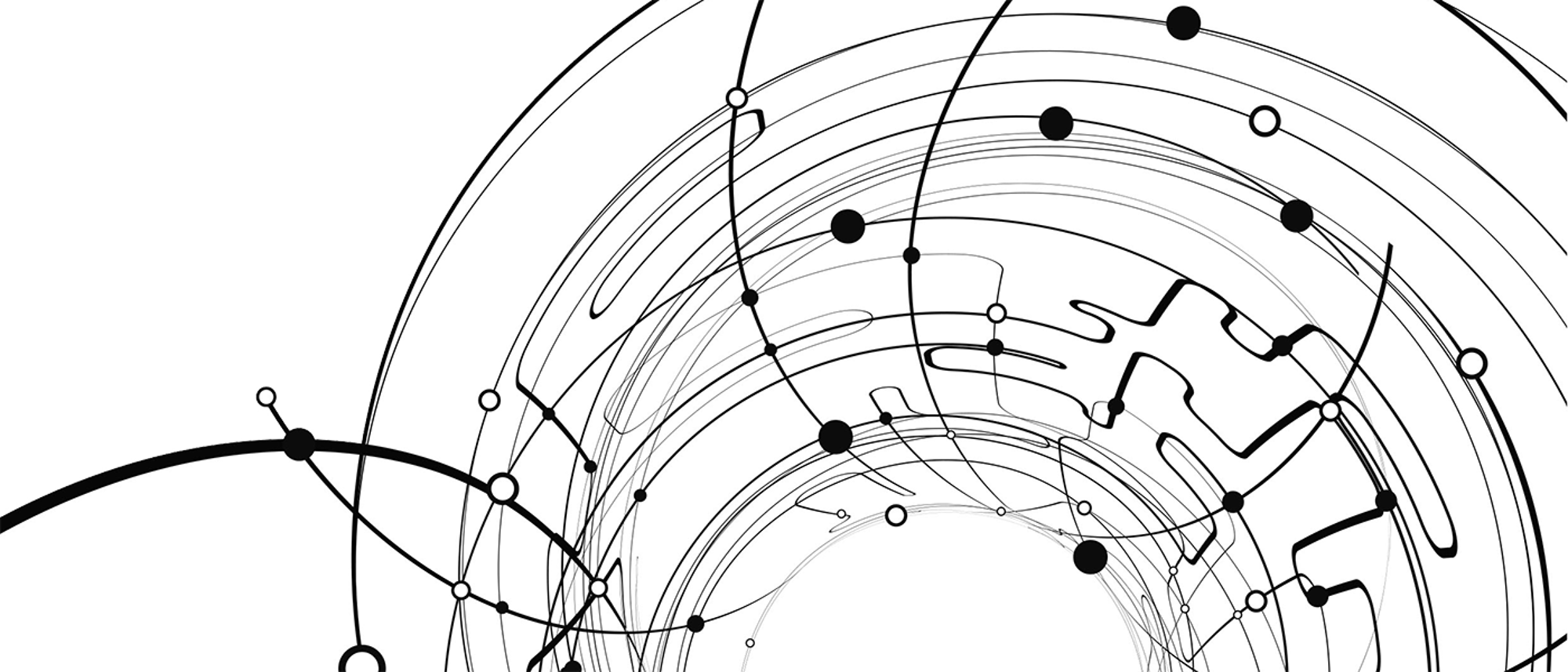Martin Suckling composed Tenebrae (flute, viola and harp) for the 2012 McEwen Commision. This was premiered by Ruth Morley (flute), Hannah Craib (viola), and Sharron Griffiths (harp) in the Concert Hall, University of Glasgow on Thursday 11 October 2012, 1.10pm. Other pieces performed in the concert were Elegiac Trio by Arnold Bax, Serenade No.10Op. 79 by Vincent Persichetti, Danse Lente Op.56 by Joseph Jongen, and Petite Suite by André Jolivet.

Listen to… Tenebrae by Martin Suckling
Programme note
A cascade of tears, repeated over and again; a whirring machine, jumping gears until suddenly silenced; a circling song, ornamented, decorated, and overwhelmed; a simple chorus, bludgeoned into voicelessness. The four ‘movements’ of this piece run without a gap, the start of each new section breaking free from the world of its predecessor. Although they occupy contrasting emotional, harmonic, and textural spaces, each section shares a preoccupation with loops and processes of contraction and expansion.
Rilke’s Sonnets to Orpheus were the starting point for this composition, their rich and varied imagery suggesting to me musical situations and journeys around which I developed the piece. The title is taken from another poet’s reflections on the death of Orpheus, David Gascoyne who, like Rilke, imagined the voice of the singing god taken up by the whole earth, resounding brightly through the shadows.
Clear night!
He has no need of candles who can see
A longer, more celestial day than ours.
(from ‘Tenebrae’ by David Gascoyne)
Martin Suckling (2012)
Performer biographies & full details of the Tenebrae premiere can be found in the McEwen concert programme 2012.
Martin Suckling
Martin Suckling was born in Glasgow in 1981. After spending his teenage years as a violinist in the National Youth Orchestra and in ceilidh bands around Scotland, Martin studied music at Clare College Cambridge and King’s College London. He was a Paul Mellon Fellow at Yale University from 2003-5, undertook doctoral research at the Royal Academy of Music, and subsequently became a Stipendiary Lecturer in Music at Somerville College, Oxford. His teachers include George Benjamin, Robin Holloway, Paul Patterson, Martin Bresnick, Ezra Laderman, and Simon Bainbridge. Martin has benefited from residencies at the Royal Shakespeare Company, Aldeburgh, Aspen, and IRCAM, and has won numerous awards including the 2008 Royal Philharmonic Society Composition Prize. He lives in Manchester and is currently Lecturer in Composition at the University of York.

